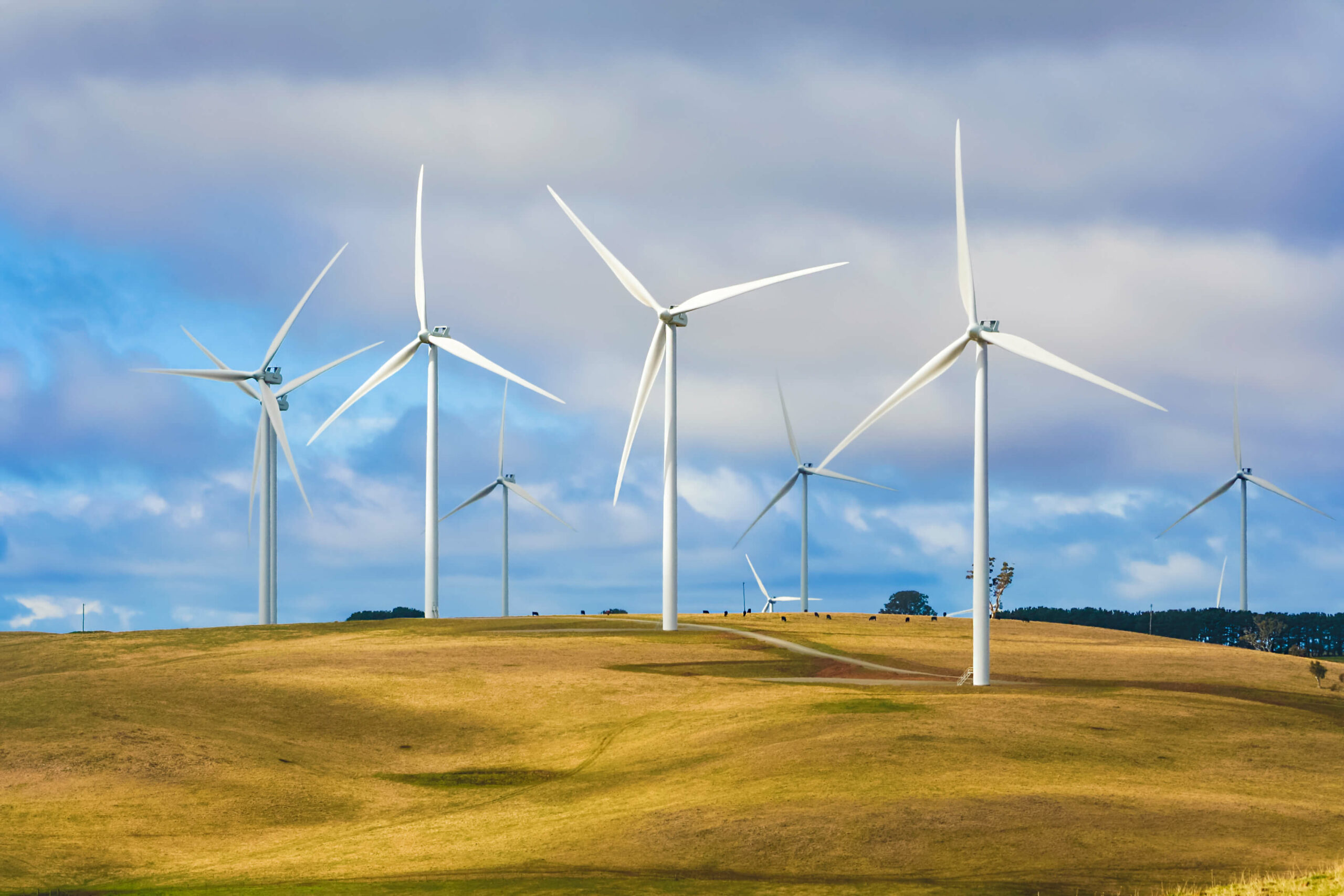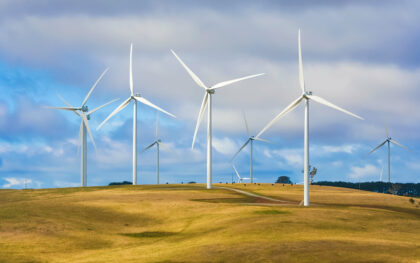Socio-technical dimensions of Renewable Energy
Overall Course Objectives
At the core of the course is helping engineering students become more reflexive about their own role as engineers in broader society, be it when they design renewable energy technologies, and/or develop, operate and decommission renewable energy projects. Using wind energy as a primary case, but also covering the broader energy transition of the energy system (e.g. solar power, P2X, hybrid projects, energy communities), we equip students with selected social science methods and theories which they can use to investigate the broader implications of their engineering work. This will help them better understand the socio-technical controversies that technologies may provoke and provide them with knowledge of how to engage with these in a productive dialogue that can help dissolve barriers between ‘technical experts’ and ‘lay people’. A central concept is that the necessary engineering framing of a problem and its solution (what we call a “black box”) can have unintended consequences (or lead to more politicisation of the issue at hand). When understanding these consequences better, it becomes easier to engage and deal with the controversies over the technologies that engineers are designing, developing and deploying. The reason for these elements is that engineers of the future, especially those directly involved in the Green Transition, need to be able to co-create solutions that are socio-technically sustainable.
See course description in Danish
Learning Objectives
- Identify an empirical case that represents a socio-technical controversy, mapping it with sufficient detail to highlight the key issues
- Analyse social science course literature to the extent required to be able to discuss the salient points and issues explored in classes
- List and explain five strengths and weaknesses of each of the three theories/perspectives (STS, Social Acceptance, and Responsible Governance of Energy Transitions) and methods (interviews, document analysis) presented in the course.
- Critically evaluate and select one or two of the introduced qualitative methods, and use one of the theoretical frameworks in the project work to analyse a particular issue or controversy
- To identify minimum 10 stakeholders in a case, describe their relationship and stake in the case
- Conduct and code qualitative semi-structured interviews with at least two key stakeholders
- Make three recommendations that a practitioner (e.g. developer or planner) in a case could implement to better engage with local citizens
- Design and evaluate a public meeting, consultation or engagement that ensures a two-way dialogue concerning a case of a renewable energy technology
Course Content
Issues to be investigated (empirical cases to be viewed through social science lens):
– Wind turbine noise
– Participation and the planning process
– Ownership and influence
– Technology and size of turbines
– Tendering and procurement (support/capitalisation instruments)
Various social science theories and methods will be introduced:
1. Science and Technology Studies (STS) (Actor-Network Theory (ANT), Responsible Research & Innovation (RRI)
2. Social acceptance: Human and economic geography (e.g. place attachment)
Qualitative methods to be introduced:
– Ethnographic fieldwork (interviews, observations)
– Desk research
– Case study design
Possible start times
- 6 – 20 (Mon 8-12)
Teaching Method
Lectures, facilitated group discussions, case studies, literature analysis, project work and student presentations.






